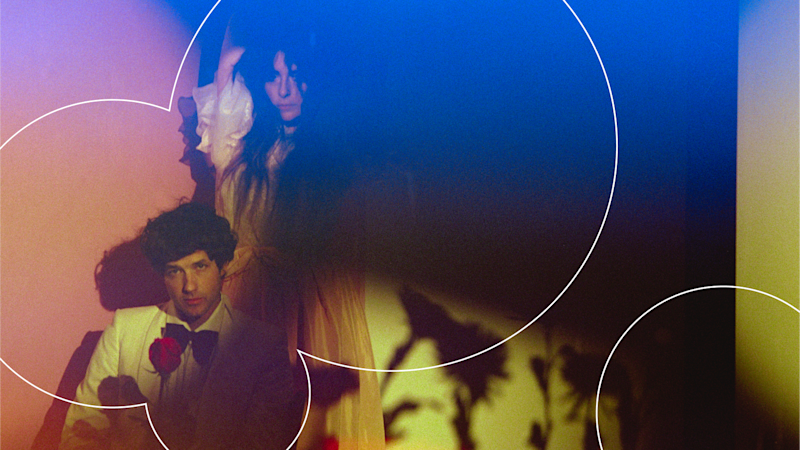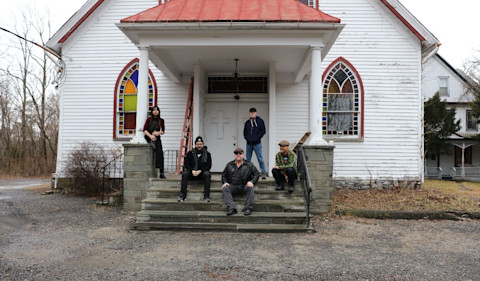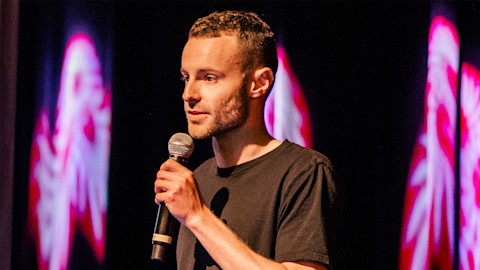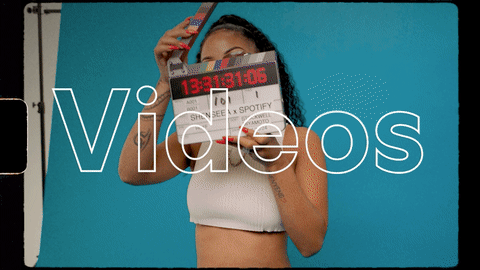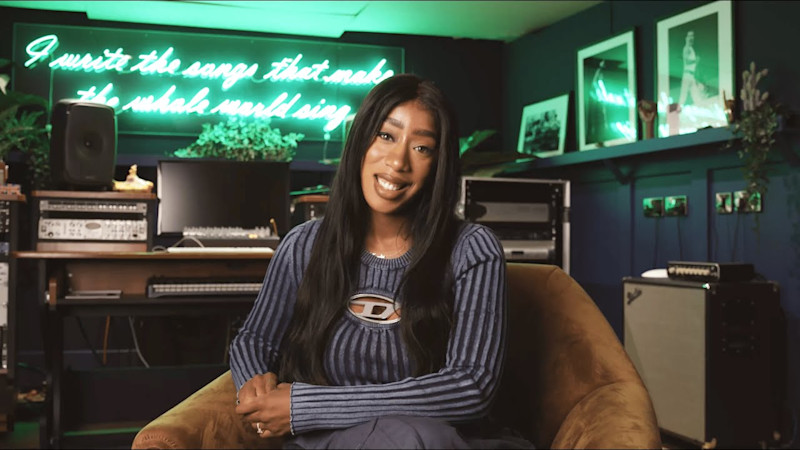Imagine walking into work for the first time and your introduction inspires a derisive peal of laughter. This happened to TRAKGIRL, aka Shakari Boles, a Virginia-born producer and songwriter. To date she’s worked with everyone from Jhene Aiko to Belly to Luke James, but early in her career she remembers entering a studio and the snickers that followed when she introduced herself as a producer. Similarly, LA-based producer/engineer/mixer Lauren D’Elia was often mistaken for a writer or assistant.
“It would usually get cleared up after a few minutes of showing them I was more than capable, but that first few minutes of having to prove myself was always a hurdle,” says D’Elia. “In the end it made me sharper, and rarely do I run into that problem anymore.” These days her heavyweight credits include Pharrell Williams, Madonna, Quavo, Demi Lovato, Missy Elliot to name a few.
While there are many female experts working in studios around the world, it remains an area of the music business that’s decidedly male-dominated. And this is why an online community like SoundGirls is still so vital. Founded in 2013 by live sound engineers Karrie Keyes and Michelle Sabolchick Pettinato, SoundGirls’ goal was clear from the jump: “To inspire and empower the next generation of women in audio [and] create a supportive community for women in audio and music production, providing the tools, knowledge, and support to further their careers.”
One key aspect to the site has been encouraging female audio professionals to network and showcase their credits via a Women in Audio Directory. Today we’re excited to announce the database’s relaunch as The EQL Directory. Powered by SoundGirls and made possible by Spotify and a raft of supportive organizations in the field, The EQL Directory is a database where any female in the audio industry can add their name, and upload their resumé and work.
“This is a great tool to create more opportunities for women,” says TRAKGIRL. “We have to continue the work and create more inclusion and diversity in male-dominated spaces; we have a lot of work to do, but this is an awesome start.”
The EQL Directory is part of Spotify’s ongoing commitment to making strides towards equity in the industry, slotting alongside projects launched earlier this year such as Spotify’s Equalizer Producer Camp, EQL Residency, and the Secret Genius Studios in Atlanta, Nashville, LA, and London, where pop powerhouses Meghan Trainor, Jhené Aiko, and Charli XCX cherry-picked a line-up of emerging female songwriters and producers to utilize the facilities over a three-month period.
Helping to shape and guide similar initiatives going forward, Spotify and Secret Genius have created an advisory board made up of some of the most talented female producers and engineers around, including the aforementioned D’Elia and TRAKGIRL, plus Kesha Lee, Ali Tamposi, and Jin Jin.
But back to The EQL Directory. Not only does the site serve as a testament to female audio professionals’ resilience and a celebration of their artistry, as a global, growing resource, the hope (amongst many hopes) is that you will never hear an artist or industry-body say: “I’d love to use a female producer/mixer/engineer, but I just don’t know where to find one.”
“Well, that is no longer an excuse, here is a directory full of qualified and professional women and gender non-conforming people working across several audio disciplines,” says SoundGirls founder Karrie Keyes. “It is essential for artists, management, record labels, and sound service providers to actively recruit and hire women and gender non-conforming people as the music industry as a whole benefits from a wide range of voices and talents.”
When it comes to the industry developing more inclusive creative teams, the goal is for The EQL Directory to become the go-to global rolodex for female audio professionals readily searchable by name, but crucially, also by location and skills.
And as both TRAKGIRL and D’Elia point out, it’s not just about finding future work. This is about creating a community (and perhaps a source of inspiration for a new generation), so that the shockingly low statistic that less than 5% of music producers and engineers are women will be a stat of the past. Moreover, The EQL Directory should be viewed as a reserve for both professional and creative support: women connecting with other women in this traditionally male-dominated industry.
“Think of other female producers/engineers as peers and teammates rather than competition,” says D’Elia. “As women generally and as a minority in this field, we’re conditioned to think that there is only enough space for a certain number of women in the industry, but there’s room for everyone to win.”
Check out The EQL Directory.
